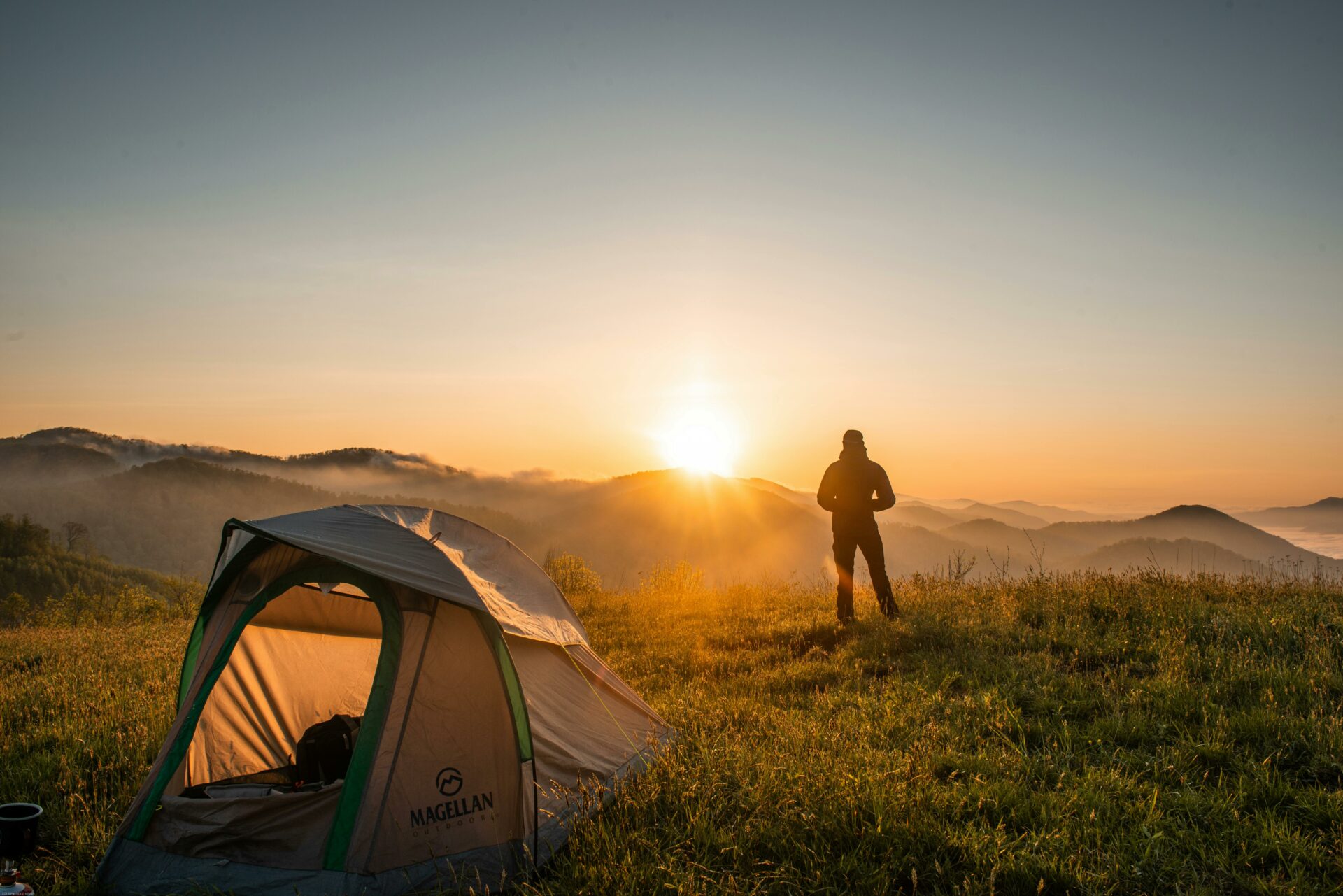
Result
Camping is experiencing a remarkable upswing in Germany and has developed from a niche to a broad social trend. Whereas 15 years ago only just over one in ten Germans (14 %) went camping at least once a year, this figure has now risen to more than one in five (22 %). This form of leisure is particularly popular among the under-35s - almost one in three (30 %) of this age group regularly go camping in a tent, caravan or camper. The differences in income are also striking: Those who earn more are much more likely to take these short breaks. The proportion of people with a net household income of over 5,000 euros is 28 per cent, while it is only 16 per cent for low earners under 2,000 euros.
Reasons
The continuous rise in camping enthusiasm can be explained by changing social values and needs. The opportunity to spontaneously change location and organise your own day fulfils the desire for autonomy and self-determination. At the same time, camping allows direct experiences of nature - as a conscious counterpoint to the increasing digitalisation and densification of urban living environments. Modern variants such as comfortably equipped motorhomes or „glamping“ are pushing former comfort sacrifices into the background and making this form of travel attractive to new target groups.
Added to this is the growing need for more sustainable leisure behaviour. Camping is appreciated by many as an environmentally friendly alternative to resource-intensive forms of holiday. For the younger generation in particular, fuelled by trends such as #vanlife, it is often an expression of a lifestyle that focuses on flexibility, minimalism and individual values. Last but not least, more flexible working models and the possibility of mobile working create new scope for spontaneous adventures and a better work-life balance.
Forecast
The positive development of camping as a leisure activity is likely to continue in the coming years. Growing environmental awareness, the search for authentic experiences and the increasing flexibilisation of work and everyday life will strengthen the appeal of recreation close to nature. Technical developments in vehicles and infrastructure will further increase comfort without losing the basic idea of simple, self-determined travelling.
The market will continue to diversify - from traditional campsites to specialised offers such as „workation“ spots and luxurious glamping concepts. Camping is therefore establishing itself less as an alternative and more as a supplement to established forms of holiday. Despite broader social participation, it will remain primarily a leisure model for more mobile and financially better-off target groups in the future.


